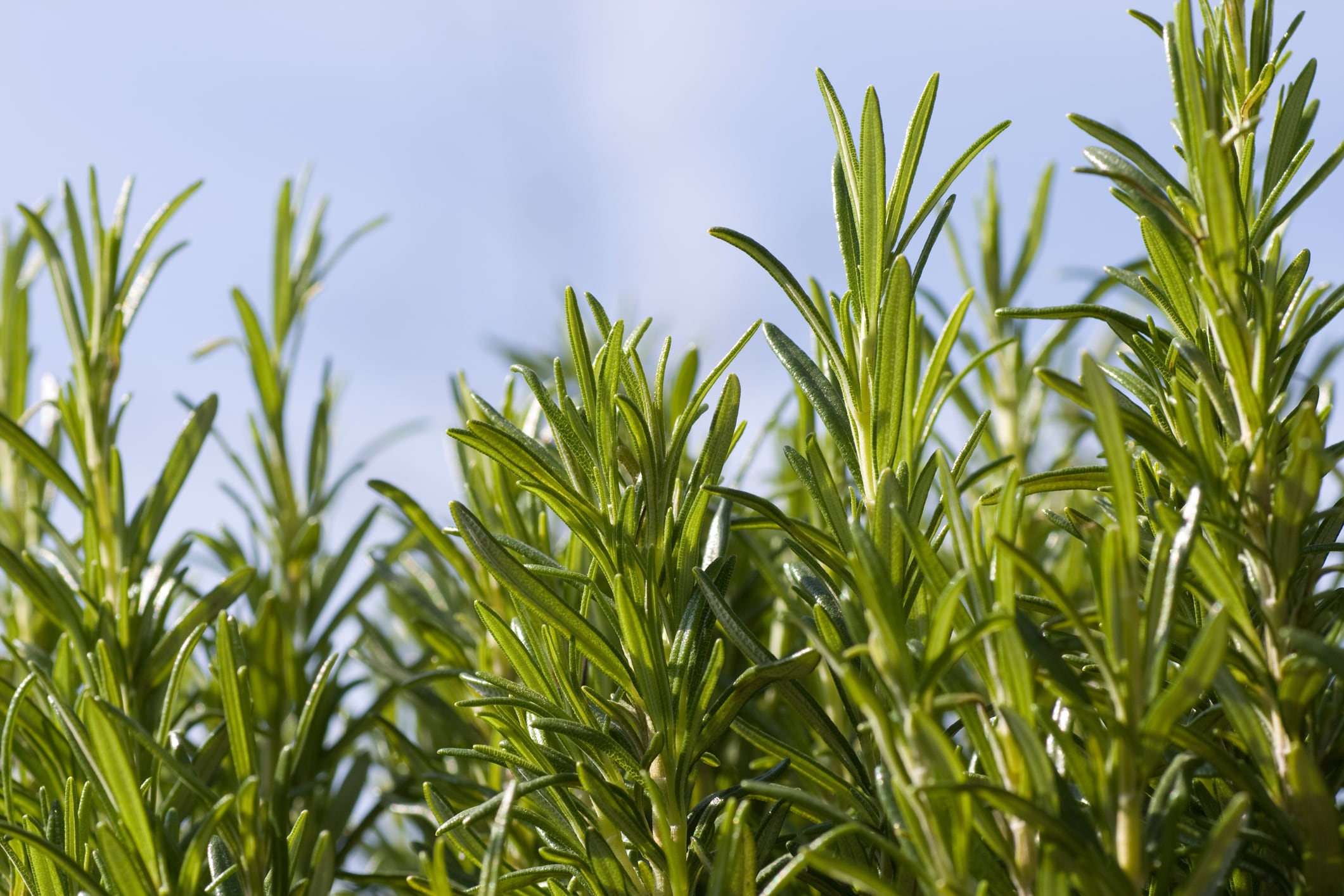The study published in the Journal of Clinical and Aesthetic Dermatology sought to investigate the effects of CORExtract, a blend of rosemary extract, biotin and zinc on skin quality, particularly in the context of glycative stress and its effects on skin aging.
The researchers employed by L’Oreal and its subsidiary company, skinbetter science, Inc., suggest that the supplement improved skin dullness, roughness/texture, erythema and pore size compared to a placebo.
Rosemary extract for skin health
As people age, cells produce more reactive oxygen species (ROS) and become senescent. Glycation, a natural process that begins early in life, worsens with age and produces advanced glycation end products (AGEs), which damage proteins and tissues, including skin.
AGEs form harmful crosslinks between proteins, particularly in the skin’s extracellular matrix (ECM), impairing protein function. Collagen, a slow-turnover ECM protein, becomes stiff and less elastic when glycated. In the epidermis, AGEs slow wound healing and disrupt the skin barrier, leading to dullness, fine lines, wrinkles and laxity. UV exposure and ROS production further accelerate AGE formation.
Minimizing glycative stress may help preserve skin health, and dietary phytonutrients have been found to have antioxidant and anti-inflammatory effects that inhibit AGE buildup. For example, rosemary leaf which is rich in rosmarinic acid (RA), offers antioxidant, anti-inflammatory and antibacterial benefits, and studies have shown that RA reduces AGE accumulation, improves skin elasticity and reduces sallowness.
Study details
The researchers recruited 104 female participants, between the ages of 40 and 65 with self-reported moderate-to-severe skin dullness and roughness/texture, and mild-to-moderate erythema and pore size, and uneven pigmentation based on a six-point grading scale.
Participants were randomized to receive either CORExtract or placebo and consumed two capsules three times daily in the first four weeks, two capsules twice daily from weeks five to eight and one capsule twice daily throughout weeks nine to 12.
A subset of 32 subjects provided skin biopsies and tape strip samples at baseline and week 12, and all subjects completed self-assessment questionnaires.
Results at week eight found that the CORExtract group showed significantly greater reductions in skin dullness (23%), roughness/texture (26%) and erythema (12%) compared to the placebo group.
By week 12, reductions in these parameters continued and included pore size (2%). However, the study found no significant differences in uneven pigmentation between groups.
Additionally, participants in the CORExtract group reported visible improvements in skin brightness, firmness, smoothness and even tone by week 12, while satisfaction in the PLB group plateaued after week eight.
The researchers concluded that CORExtract was able to inhibit the formation of AGEs and break down existing AGE crosslinks in proteins like collagen, potentially improving skin quality by reducing the stiffness and damage caused by glycated proteins.
“Discovering safe molecules that have the ability to disrupt established AGE crosslink proteins is a major advancement in improving glycated skin,” they wrote.
They did however note that 12 weeks may not have been sufficient to fully elucidate the benefits of this formula, and therefore future studies should evaluate effects over longer treatment periods, and in a more diverse population.
Source: J Clin Aesthet Dermatol. 2025 Mar;18(3):28–33. “A Single-center, Double-blinded, Randomized, Placebo-controlled Trial Evaluating the Safety and Efficacy of a Dietary Supplement Containing Rosemary Extract on Visible Facial Skin Quality”. Authors: Draelos, Z. et al.


